Gardening is a delightful hobby, but it comes with its fair share of misconceptions, especially when it comes to annual flowers. These myths can lead to unnecessary frustration and even harm your beloved plants. As a passionate gardener, I’ve encountered many of these myths and have learned through experience that not everything you hear about annuals is true. Let’s debunk some of these common myths together!
In this article, we’ll tackle ten popular myths about annual flowers that might be hindering your gardening success. Whether you’re a seasoned gardener or just starting out, understanding the truth behind these myths will help you cultivate a more vibrant and healthy garden. Let’s dive in and set the record straight!
Myth 1: Annuals Are Just for Instant Color
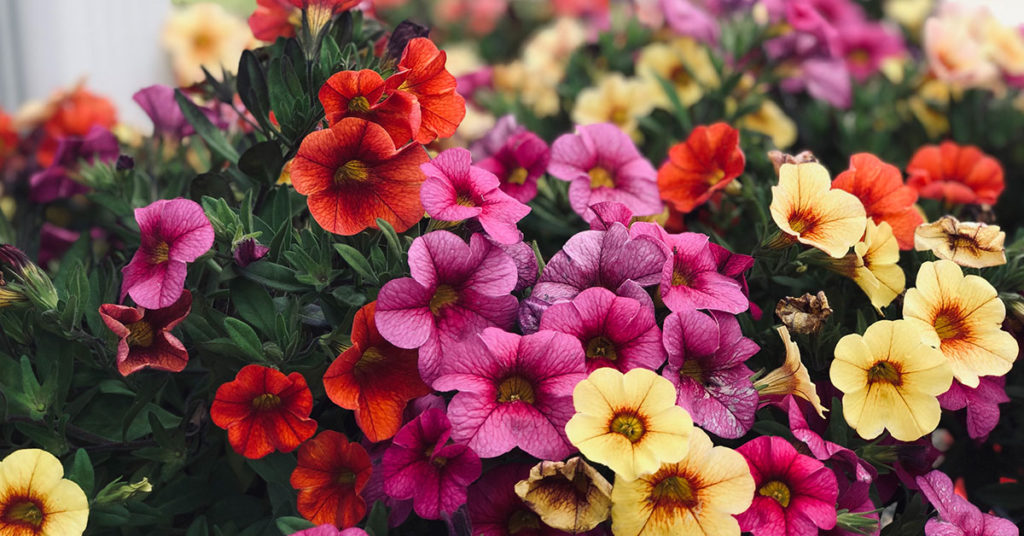
Many people believe that annuals are only good for providing a quick splash of color in the garden. While it’s true that annuals bloom prolifically and can brighten up your garden quickly, they offer much more than just instant gratification. Annuals can play crucial roles in companion planting, attracting pollinators, and even deterring pests. Their varied growth habits, from trailing to upright, can add structure and interest to your garden beds.
One of my favorite aspects of annuals is their versatility. They can be used to fill in gaps in perennial borders, create stunning seasonal displays, and even thrive in containers. By understanding and utilizing their full potential, you can enhance both the beauty and health of your garden. So, don’t just plant annuals for a quick fix—think of them as dynamic contributors to your garden’s ecosystem!
Myth 2: Annuals Require Constant Deadheading
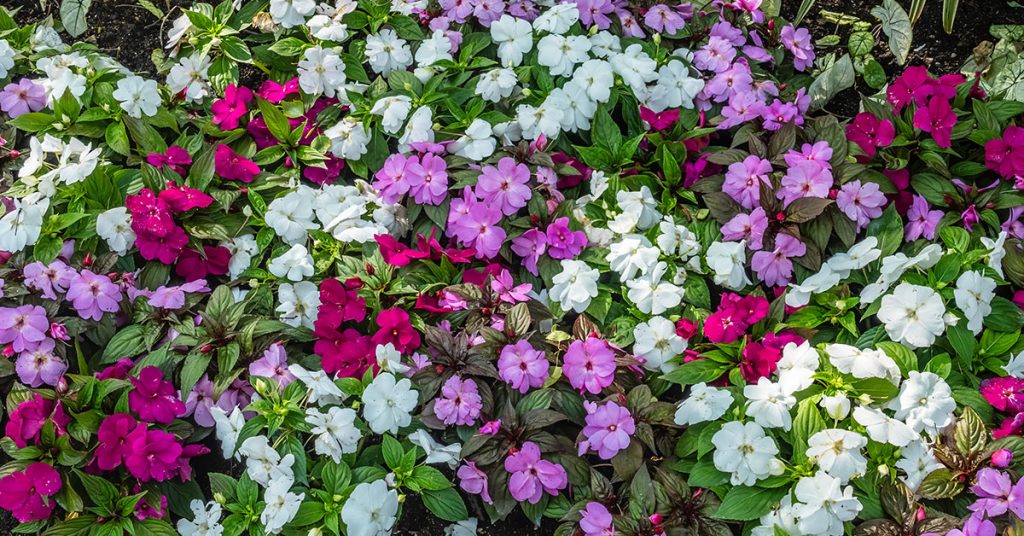
The myth that annuals need constant deadheading to thrive can be daunting for new gardeners. While it’s true that deadheading can encourage more blooms in some species, not all annuals require this level of maintenance. Many modern varieties have been bred to be self-cleaning, meaning they drop their spent flowers on their own and continue blooming without any help from you.
For example, newer varieties of petunias and calibrachoas are designed to be low-maintenance, providing continuous color without the need for regular deadheading. It’s important to research your specific plants and understand their care requirements. This way, you can enjoy a beautiful garden without feeling overwhelmed by maintenance tasks. Embrace the convenience of these self-sufficient annuals and spend more time enjoying your garden!
Myth 3: Annuals Can’t Survive in Containers
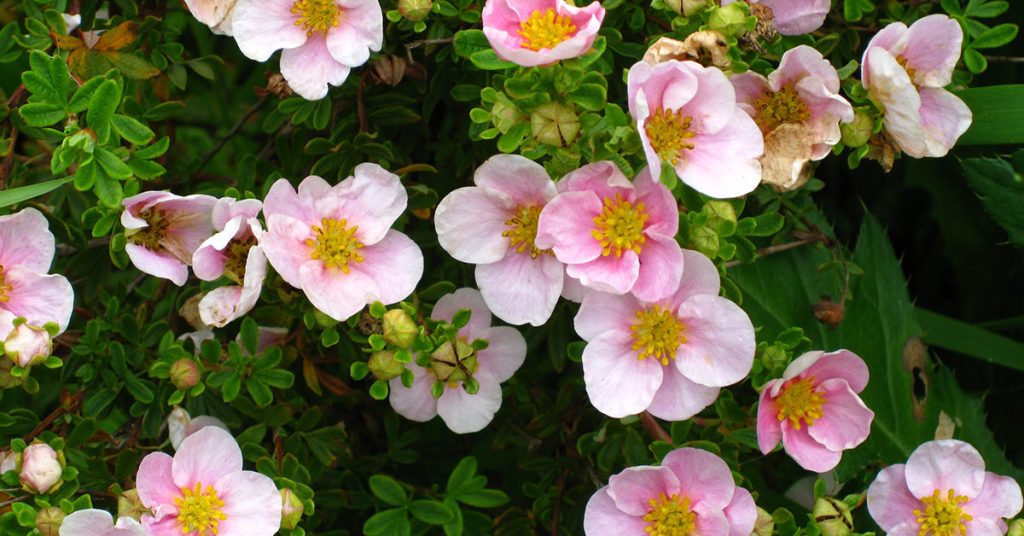
Another common myth is that annuals can’t thrive in containers. This couldn’t be further from the truth! Many annuals are perfectly suited for container gardening, where they can actually flourish and provide vibrant displays. Container gardening with annuals is a fantastic way to add color and interest to patios, balconies, and other small spaces.
When planting annuals in containers, it’s essential to choose the right soil mix and ensure adequate drainage. Additionally, regular watering and fertilizing can keep your container-grown annuals looking their best. With the right care, you’ll find that annuals can not only survive but thrive in containers, offering flexibility and beauty in your gardening endeavors.
Myth 4: Annuals Are Only for Sunny Spots
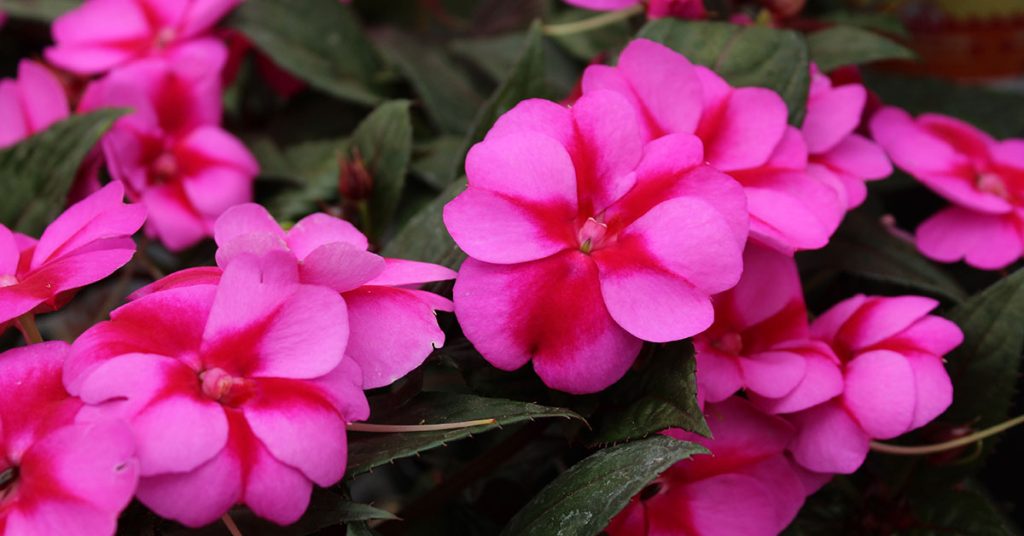
There’s a widespread belief that annuals only do well in full sun, but many annuals thrive in partial shade or even full shade. While it’s true that many annuals prefer sunny conditions, there are plenty of options for shadier areas of your garden. Impatiens, begonias, and coleus are just a few examples of annuals that can bring vibrant color to shady spots.
Understanding the light requirements of different annuals can help you create stunning displays in all parts of your garden. Don’t let a shady garden bed discourage you from planting annuals. Instead, explore the variety of shade-loving annuals available and enjoy the burst of color they can provide even in lower light conditions.
Myth 5: All Annuals Need Lots of Water
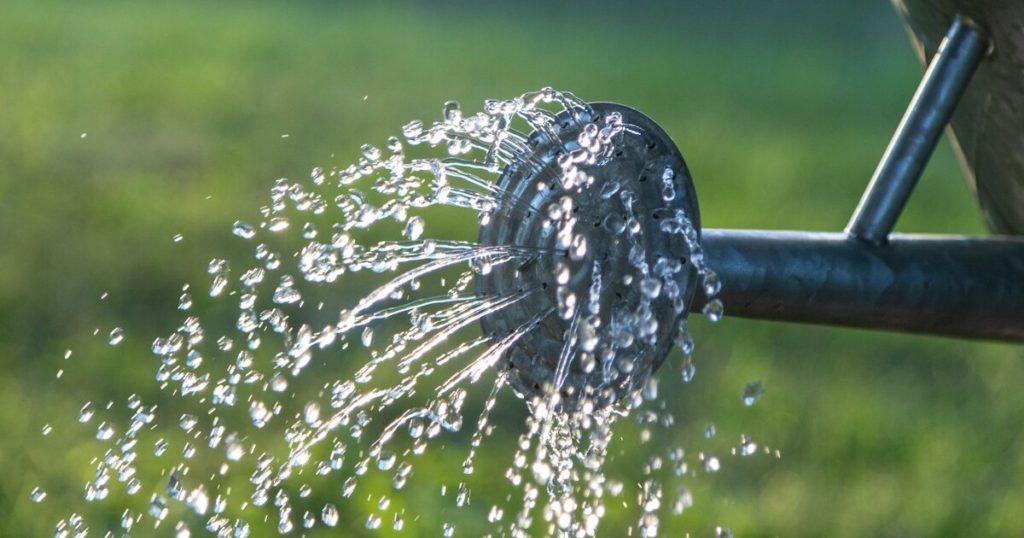
It’s a common misconception that all annuals need to be constantly watered. While some annuals do have high water requirements, many are quite drought-tolerant once established. Overwatering can actually harm some annuals by promoting root rot and other issues. It’s important to understand the specific needs of each plant and adjust your watering schedule accordingly.
For instance, plants like marigolds, zinnias, and cosmos are more drought-tolerant and prefer to dry out between waterings. On the other hand, impatiens and lobelias require more consistent moisture. By paying attention to the individual needs of your annuals, you can ensure they stay healthy and vibrant throughout the growing season without wasting water or damaging your plants.
Myth 6: Annuals Are High Maintenance

Many gardeners shy away from annuals because they believe they are high maintenance. While some annuals do require regular care, many are surprisingly low maintenance and can thrive with minimal effort. Selecting the right varieties for your garden conditions can make a big difference in how much time you spend tending to your plants.
Consider hardy annuals like nasturtiums, marigolds, and cosmos, which can often fend for themselves once established. These plants are not only easy to grow but also offer beautiful blooms and can help suppress weeds. By choosing low-maintenance annuals, you can enjoy a colorful garden without feeling overwhelmed by upkeep.
Myth 7: Annuals Are Hard To Grow From Seed
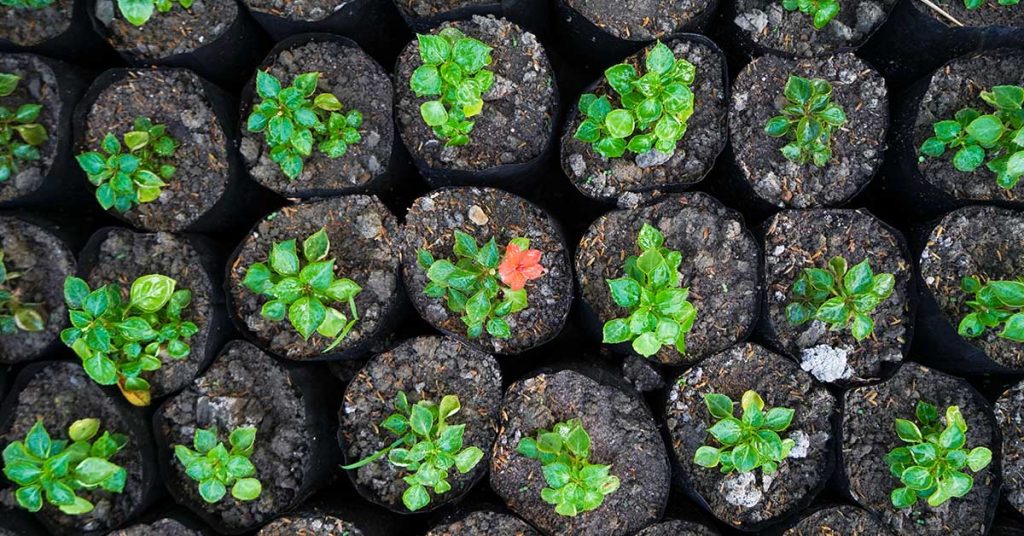
There’s a myth that growing annuals from seed is too difficult for the average gardener. While some annuals can be tricky to start from seed, many are quite easy and rewarding to grow this way. Starting annuals from seed allows you to experiment with a wider variety of plants and can be more economical than buying transplants.
Plants like zinnias, sunflowers, and cosmos are excellent choices for beginners looking to grow annuals from seed. They germinate quickly and don’t require much special care. By starting your annuals from seed, you can enjoy the full lifecycle of the plant and gain a deeper understanding of gardening. Plus, it’s incredibly satisfying to see your garden flourish from seeds you’ve sown yourself!
Myth 8: Annuals Don’t Attract Pollinators
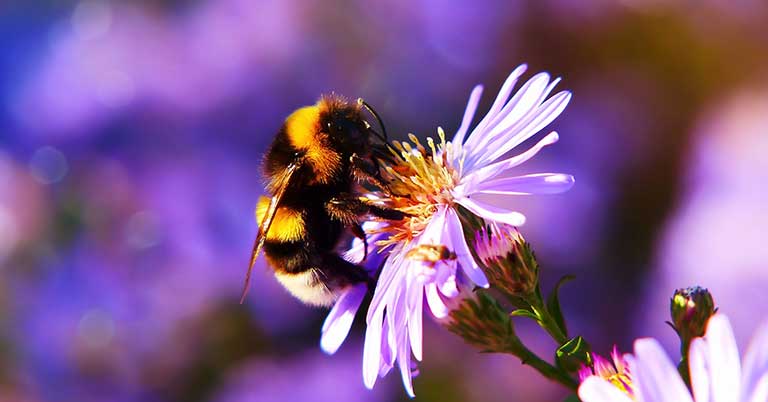
Some gardeners believe that annuals don’t attract pollinators, but this couldn’t be further from the truth. Many annuals are excellent for attracting bees, butterflies, and other beneficial insects. Flowers like zinnias, marigolds, and sunflowers are particularly attractive to pollinators and can help support your garden’s ecosystem.
Incorporating a variety of annuals into your garden can create a vibrant habitat for pollinators, which in turn can improve the health and productivity of your vegetable and fruit plants. By dispelling this myth, you can take advantage of the many benefits that annuals offer in attracting and supporting pollinators in your garden.
Myth 9: Annuals Are Only for Experienced Gardeners

There’s a perception that annuals are too challenging for novice gardeners, but many annuals are actually very beginner-friendly. With the right selection and a bit of basic knowledge, even those new to gardening can successfully grow a beautiful array of annuals. Many annuals are forgiving and can thrive in various conditions, making them perfect for those just starting out.
Plants like marigolds, petunias, and calendulas are great choices for beginner gardeners. They are hardy, easy to grow, and provide instant color. Don’t be intimidated by the myths—annuals can be a fantastic introduction to gardening and can help build your confidence as you see them flourish in your garden.
Myth 10: Annuals Don’t Provide Any Long-Term Value
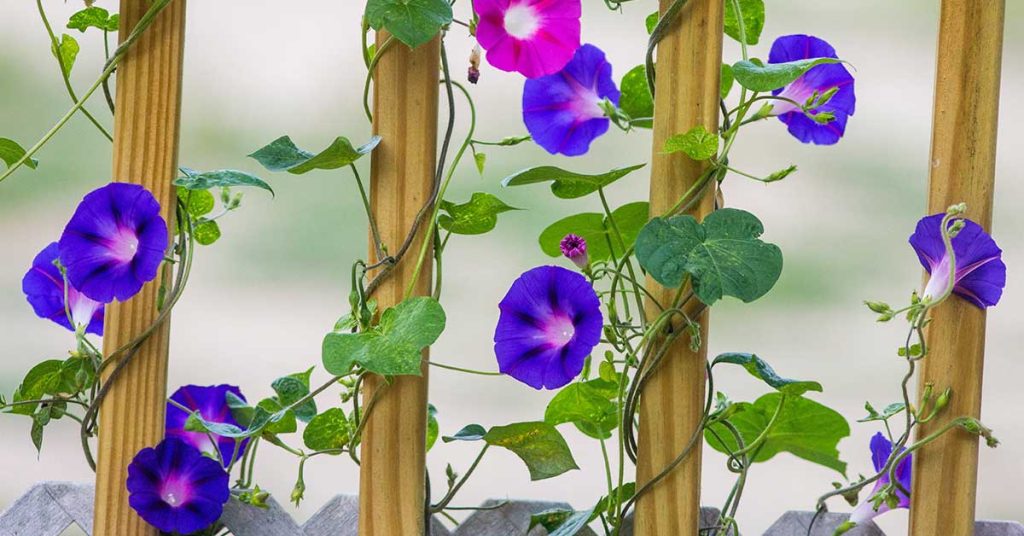
One of the most pervasive myths about annuals is that they don’t provide any long-term value since they only last one season. While it’s true that annuals complete their life cycle in a single growing season, their contributions can be substantial. Annuals can improve soil health, attract beneficial insects, and provide a continuous display of color that keeps your garden vibrant and inviting.
Additionally, many annuals self-seed, meaning they can come back year after year without any extra effort on your part. Plants like cosmos, calendula, and nasturtiums often reseed themselves, giving you a surprise burst of color each year. By understanding the true value of annuals, you can appreciate the lasting benefits they bring to your garden.

